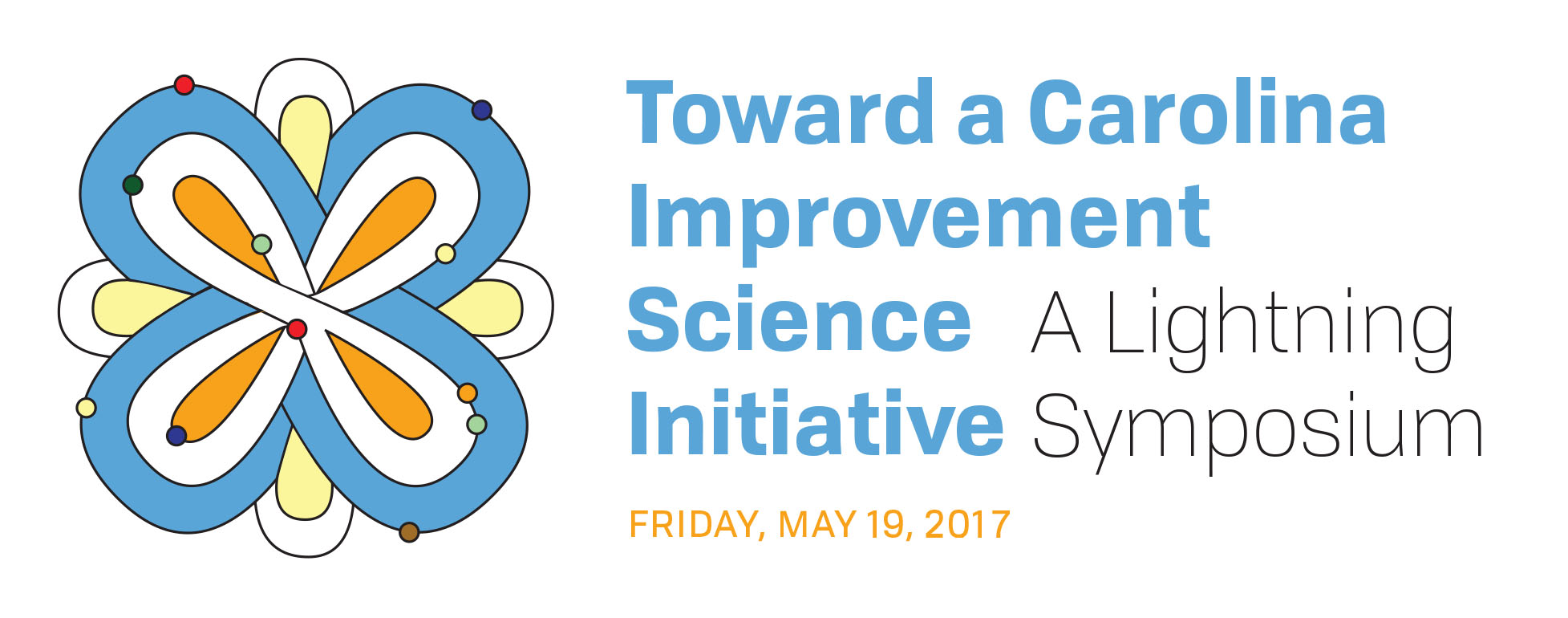Noreen Yazejian, Frank Porter Graham Child Development Institute
Educare is a high quality early education program serving children from birth to age 5. Currently 21 schools make up the Educare Learning Network, which is characterized by four related “P”s: local public-private Partnerships create and support an Educare school (the Place) following the Educare model (the Program) that serves as a Platform for broader policy and systems change. Each Educare school has a local evaluation partner (LEP) who gathers, analyzes, and shares data as part of a feedback loop for continuous program improvement. Researchers at Frank Porter Graham Child Development Institute serve as the national evaluation partner (NEP) and lead the Educare Implementation Study by providing training, ensuring cross-site reliability, and conducting cross-site data management and analyses. A key component of Educare is data utilization, the process by which Educare schools gather, summarize, share, and use data for continuous program improvement within partnerships consisting of researchers (the local evaluation partners, or LEPs) and program implementers (Educare leadership and staff). Many believe this feature of the model drives Educare’s success and distinguishes it from other high quality early childhood programs. This session will describe how the network of Educare schools implements the data utilization component and discuss the conditions and strategies that facilitate data utilization and those that limit its implementation and perceived effectiveness.
